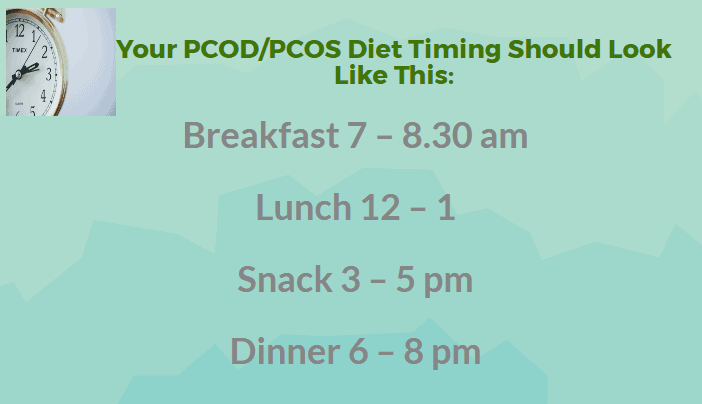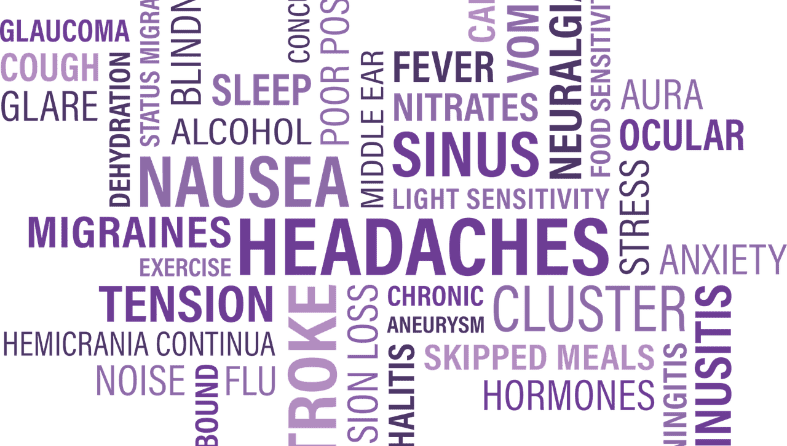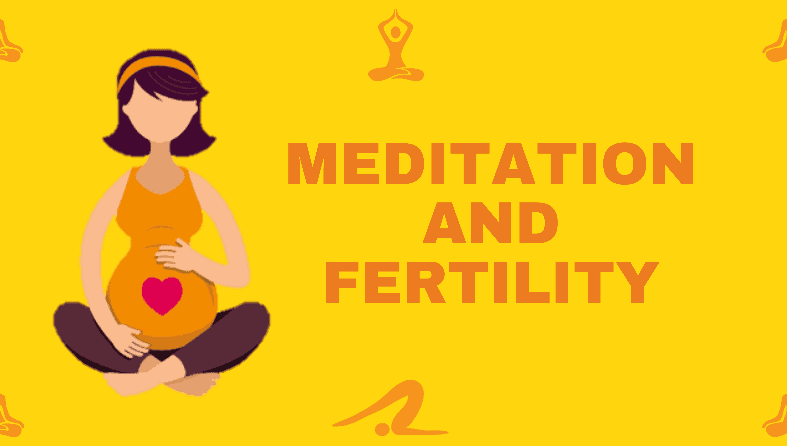Does Hormonal Imbalance Affect Fertility?
Manage Hormone
Hormonal imbalance is one the common health issues now-a-days. Since, hormones have a lot to do with our reproductive systems, any minute imbalance causes various fertility issues. To blame it, lifestyle and food habits play a major role in affecting the hormonal balance of the body. In this article we will uncover, which hormones affect fertility? how hormonal imbalance affect fertility in women? What causes hormonal imbalance? Sign & symptoms of hormonal imbalance? And how to naturally treat hormonal imbalance naturally?
What Is Hormone?
- Hormones are created by endocrine system glands and later sent into the bloodstream to different tissues in the body.
- Hormones send signals to those tissues to tell them what they should do. Hormones are basically the messengers- controlling and regulating the internal environment of the body.
- If your endocrine system makes too much or too little of a hormone, you develop a hormonal imbalance.
- There are different types of hormones in our body, having different functions to perform. However, in this article we will be focussing only on hormones that affect fertility.
- It’s natural for hormones to constantly fluctuate from puberty to menopause. However, when a woman is past 40 years of age, the hormones level start to decline and eventually leads to menopause at around 50+ years of age.
Which Hormones Affect Female Fertility?

Other than sex hormones- estrogen, progesterone and testosterone, there are other hormones as well that have significant affect on female fertility. Let’s understand them all –
Estrogen
- A hormone that influences the ability to release an egg each cycle. This hormone controls the timing of menstrual cycle.
Progesterone
- Progesterone is essential to maintaining the pregnancy and it aids the uterus build a nourishing lining for a potential baby in turn helps support an embryo and also regulates your mood.
Testosterone
- Although testosterone levels are significantly higher in men than women, testosterone plays an important role in hormone regulation in women.
Thyroid hormones
- There are various hormones produced by the thyroid, but T3-triiodothyronine and T4-thyroxine hormone primarily impact metabolic rate, digestion, energy production, mood and weight management.
Anti-Mullerian Hormone (AMH)
- AMH is a hormone produced by the ovaries in females which contain immature eggs. Its key function is to support the immature eggs. AMH Level describes the ability of a woman’s ovary to produce eggs that can be fertilized for pregnancy
Follicle Stimulating Hormone (FSH)
- FSH is directly linked to your fertility and its primary function is to help regulate the menstrual cycle & induce the production of eggs.
Luteinizing Hormone (LH)
- LH signals the body to release a mature egg from the ovaries. Luteinizing hormone levels generally surge immediately prior to ovulation.
Prolactin
- Prolactin hormone is critical to the production of breast milk, and plays a major role in becoming pregnant.
How Hormonal Imbalance Affect Fertility In Women?
1. Estrogen
If estrogen levels are high then-
- There might be presence of fibroids or endometrial lesions that do not support embryo implantation
- It interferes in the function of the ovaries, fallopian tubes and lead to greater pelvic inflammation.
- There is increased oxidative damage that affects egg quality, by damaging the DNA within the egg.
If estrogen levels are low then-
- In the follicular phase, it could indicate that the follicle isn’t growing properly.
- Low estrogen prevents increase in LH levels that causes ovulation.
2. Progesterone
If progesterone levels are low
- Mid-cycle spotting
- Irregular cycles
If progesterone levels are High
- Bloating
- Brain fog
- Breast swelling and tenderness
- Constipation
- Fatigue
- Low mood or depression
- Sleep disturbances
- Weeping or easy to cry
Read this to know what is the right level of progesterone during or before pregnancy
3. Thyroid hormones
- Low levels of thyroid hormones can lead to anovulatory cycles, which imply that ovulation is disturbed and the ovaries are not able to release the egg.
- Another implication of hypothyroidism is that it can lead to luteal phase problems, which could cause an early miscarriage
4. Anti-Mullerian Hormone (AMH)
- Women suffering from Low AMH finds it difficult to conceive due to low egg reserve.
- Whereas, High AMH usually indicates PCOS, which again makes conception difficult unless treated.
5. Follicle Stimulating Hormone (FSH)
- High FSH levels mostly leads to ovarian dysfunction.
6. Luteinizing Hormone (LH)
- Low levels of LH can prevent ovulation from taking place.
- High levels of LH during the wrong time of your cycle can also contribute to infertility as it interferes with menstruation and ovulation.
7. Prolactin
- If a woman’s prolactin levels are abnormal, they will likely experience cycle irregularity, in turn cause ovulation issues and ultimately with conception.
What Causes Hormonal Imbalance?
The major reasons for hormonal imbalances in women are due to-
- Stress
- Unhealthy diet
- Diabetes
- Sleeping issues
- Thyroid imbalance
- Prolonged use of birth control pills
- Lack of exercise
Common signs & symptoms of hormonal imbalance
Sign & symptoms may vary from individual to individual, where few women might have moderate to severe symptoms and few might have mild to no symptoms at all. Discussing the same with your fertility specialist will help you treat your situation at the earliest.
Some common signs of hormonal imbalance are-
- Irregularity in menstrual cycles
- Irregular bleeding or spotting
- Acne
- Unwanted facial & body hair growth
- Male-pattern hair loss
- Unexplained weight gain
- Mood swings
- Low sex drive
- Infertility
- Insomnia
- Bloating
How To Naturally Treat Hormonal Imbalance To Get Pregnant?
We at Fertility Dost, practice holistic management approach to treat hormonal imbalance. By now, you know that hormonal imbalance is majorly due to unhealthy lifestyle and hence, treating it naturally with certain lifestyle changes is totally possible. Around 1000 plus couples have benefitted from our Fertility Coach Program. You can be next.
Book Your Free Consultation Now!
Fertility Ayurveda

- Ayurveda focuses on correcting the Dosha imbalance, which is considered to be the root cause of every ailment, including the hormonal imbalance.
- Ayurveda believes in targeting the root cause of an ailment, and thereby eliminating the disease, and preventing future occurrences.
- The treatment depends on the Prakriti of an individual, so it is effective in curing the problems.
- The Ayurvedic treatment is natural and promotes general good health and a sense of wellbeing. Since Ayurveda is a science of body, mind, and consciousness, it is not enough to merely focus on just physical symptoms and imbalances, mind and consciousness also play a major role, especially in endocrinology.
- Ayurveda helps in maintaining the health of the individual by advising to follow these methods-
- Having diet specific for your body type and region you’re staying.
- Indulging in light & nourishing food
- Adopting season recommended purification
- Following season described lifestyle as per constitution
- Being mindful
- Adopting yoga and pranayama for physical and mental well-being.
Fertility Diet

These hormonal imbalances can be treated by including specific foods in diet and also by following certain elimination diets.
Book Your Free Consultation Now!
Connect with our Fertility Nutritionist to get your personalised diet chart on what to include and eliminate from your existing diet to help you get pregnant faster.
- Include leafy vegetables as they contain folic acid, vitamin E, magnesium and calcium. The nutrients support not only your menstrual cycle but also the development of the baby’s brain and spinal cord.
- Vitamin D is needed for ovulation, so include milk and milk products and eggs in your diet.
- To boost fertility levels due to hormonal imbalances, avoid foods high in trans fats. Eat foods rich in healthy fats such as chia seeds, flaxseed, and walnuts, as they are good sources of omega-3s. Omega-3 fatty acids are essential for reducing inflammation, regulating hormones, and increasing blood flow to the uterus, egg production, and vagina.
- Monounsaturated fats are also associated with increased fertility that are found in avocados, almonds, and cashews.
- Cinnamon helps balance blood sugar and improves egg maturation therefore, help to regulate hormonal imbalances.
- Add turmeric to any diet for its anti-inflammatory effect.
- Try to mix spices with black pepper to obtain high bioavailability therefore boosting the absorption of nutrients in the body.
- Chickpeas provide high levels of vitamin B6 progesterone levels thus helps to regulate hormonal imbalances.
- Taking an antioxidant supplement or eating antioxidant-rich foods can improve fertility rates, especially among men with hormonal imbalances.
- Eating a diet high in refined carbohydrates may raise insulin levels, which may increase the risk of infertility and make it harder to get pregnant.
Fertility Yoga

- Along with proper diet, having a daily exercise plan have proven to be extremely beneficial in treating hormonal imbalance. It helps in proper blood circulation to reproductive organs, weight loss, maintaining blood pressure, controlling stress levels and much more. Many of our premium members swear by Fertility Yoga, that helped them in curing hormonal imbalance.
Also Read
Fertility Yoga | A Solution to Reduce Weight and Move Towards Fertility
7 Yoga Asanas For Getting Pregnant That You Need To Know
Fertility Acupressure

Fertility Acupressure is beneficial for treating hormonal imbalance. Acupressure helps in stimulating certain points on the body, especially hands, feet and navel to help treat hormonal imbalance and conceive faster.
Watch

Fertility Nutrition along with Fertility Yoga, Fertility Acupressure, Fertility Ayurveda and Fertility Counsellor have huge impact in boosting fertility health & getting pregnant faster, holistically without any medicines. Not only it helps in conceiving naturally but also helps in having successful results in IVF and other fertility treatments. Connect with us today and book your first free discovery call with to know more about your health condition and our “Fertility Coach Program”.
Book Your Free Consultation Now!





Your Comment Is Valuable For Us
Thanks For Your Feedback.